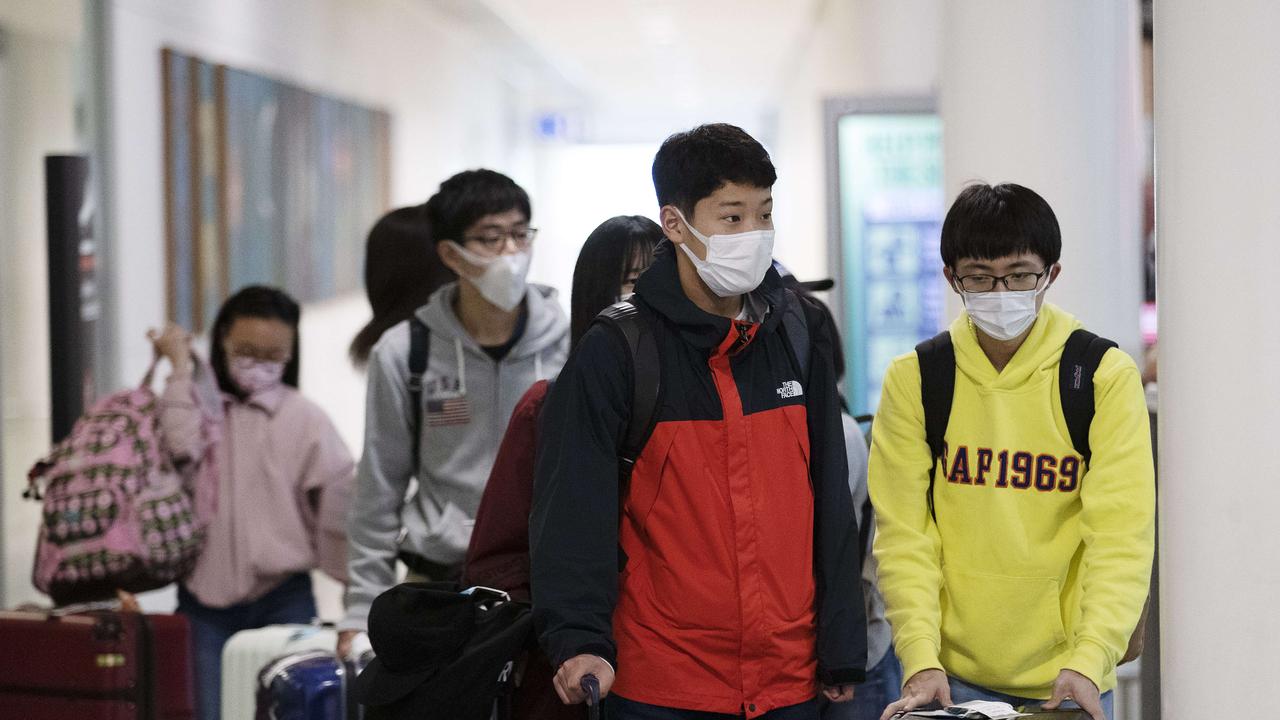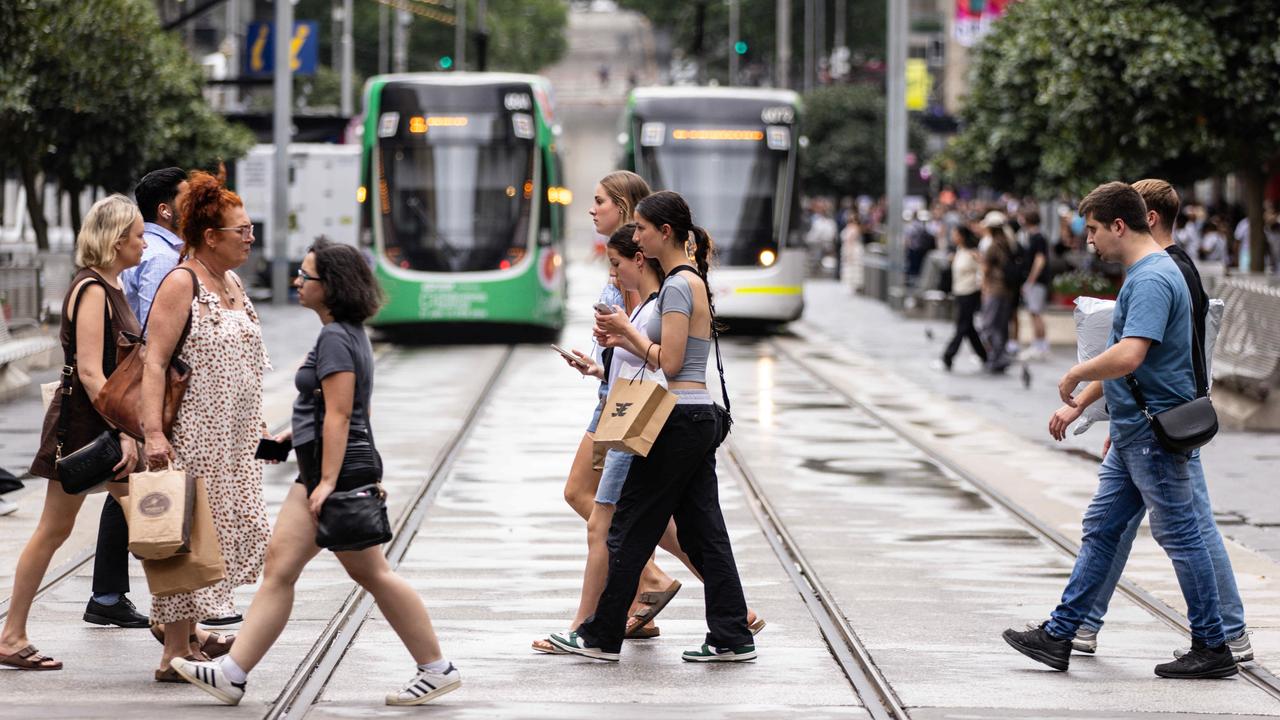Employees unable to take sick leave may downplay Coronavirus symptoms to keep working
As the government forces people to self-isolate as a result of Coronavirus some of Australia employees won’t be able to afford to miss work.

As the Government advises Australians to self-isolate an employment expert has said there are real fears that some in the community won’t be able to listen to the advice.
Samantha Mangwana, head of employment law at Shine Lawyers has told news.com.au that some members of the community may fear taking time off as it would impact their livelihoods.
“There are people in a wide variety of sectors where the consequences of contamination could be very grave indeed but at the same time to put livelihood at risk is dicing with jeopardy,” she said.
Her comments come as the Australian government announced that all travellers who enter the country from Iran would be required to self-isolate for two weeks.
The new measure announced by Health Minister Greg Hunt is believe to affect up to 900 arrivals each month.
“It doesn’t matter if you’re an Australian citizen, a permanent resident or a visitor from Iran, the message is very clear – you are now required to self-isolate,” he told Sky News.
The new Iran guidelines follows the Government’s forced isolation of Australian evacuees from China, who were sent to Christmas Island for two weeks.

Ms Mangwana said that as more cases emerged there would be real pressure on the Government to look at funding isolation or other economic solutions.
“There are members of the community who would be at serious risk of not receiving an income if they self-isolate so the government may need to look at something in order to fund sickness absence or isolation,” she said.
Current full-time employees still enjoyed all their usual personal and carers leave and would not be impacted by the two week isolation.
“The basic minimum for most employees in the country is 10 days of paid personal/carer’s leave for full-time employees,” she said.
Ms Mangwana said the real worry was that those casual employees who were displaying symptoms would not want to take time off.
“Casual employees have the least secure hours and pay and may be reluctant to self-isolate and miss out on income which could lead to more contamination,” she said.
Alex, 23, from Sydney works at a radio station and said that he would keep working until he had an official diagnosis and even then if it was manageable he may push through.
“While symptoms are manageable I’d work, I have a tendency to continue working when I’m sick because I can’t afford to miss the money,” he said.
Meanwhile Jake from Perth said that even taking a couple days off every so off due to illness was hard and he couldn’t imagine how he would financially manage two weeks.
“I would do my best to not miss days at work and I probably wouldn’t even self-isolate following a trip to a ‘banned’ country unless I knew with certainty that I’d been exposed,” he said.
While it wouldn’t help them financially, Ms Mangwana said those without sick leave could still get unpaid sick leave at their employers discretion.
“Usual practice is a sick note from the doctor which would allow them to take unpaid sick leave if they have used up their allowance,” she said.
While this wouldn’t be of benefit to those that can’t afford it, it could help employees who feared losing their jobs as a result of taking time off.
“There is protection from adverse action, such as dismissal for taking temporary absence due to personal injury or illness,” she said.
Ms Mangwana believes this would apply across to those that are directed by the government to self isolate, even if they do not have any of the symptoms.
“If someone has been advised to not go to work by the government and told to self-isolate that would have the same standing as a medical certificate in terms of what is reasonable for an employer to expect,” she said.
While Australia was not there yet Ms Mangwana expected the government to be called upon to provide economic packages to employers who do have to pay out for sick leave.
“That protection for employers isn’t there yet but if this continues to develop then there will be increase in calls.
YOUR RIGHTS
Dan Feldman Partner at HR Legal broke down your rights as an employee but warned that there was a lot of grey area.
“Clearly if someone actually has the virus, from a legal perspective, it is straightforward – they can use paid personal/sick leave,” he said.
However some of the scenarios that are more complex include:
Being self-quarantined based on government recommendations – “this may mean the employee can be stood down without pay (although many employers will allow employees to use paid leave entitlements, or work from home)”
Having to care for a child – “In our view an employee in this scenario would be eligible to use paid personal/carers leave.”
An employer directing a staff member not to attend work (but going beyond government recommendations) – “In this scenario, the employer can request the employee take unpaid leave but couldn’t compel them to do so – the employer would have to pay the person directed to stay/work from home.”
What happens if someone returns from personal annual leave or overseas travel and is then self-quarantined? – “This would depend on whether it is a government recommendation or an employer directive.”
What happens if an employee refuses to come to work as they are concerned about their safety? – “In our view if an employee refuses to work an employer certainly does not have to pay them or allow them to access leave,” said Mr Feldman.
Mr Feldman said depending on the circumstances the employee could face disciplinary action but it was not clear cut.
“There are protections for employees that prevent an employer from taking action against employees raising genuine safety concerns,” he said.
Mr Feldman said that all employers should look at working from home arrangements or other such methods if people needed to self-isolate.
“All employers should begin planning now and make it clear to staff what their position would be.”
Originally published as Employees unable to take sick leave may downplay Coronavirus symptoms to keep working



